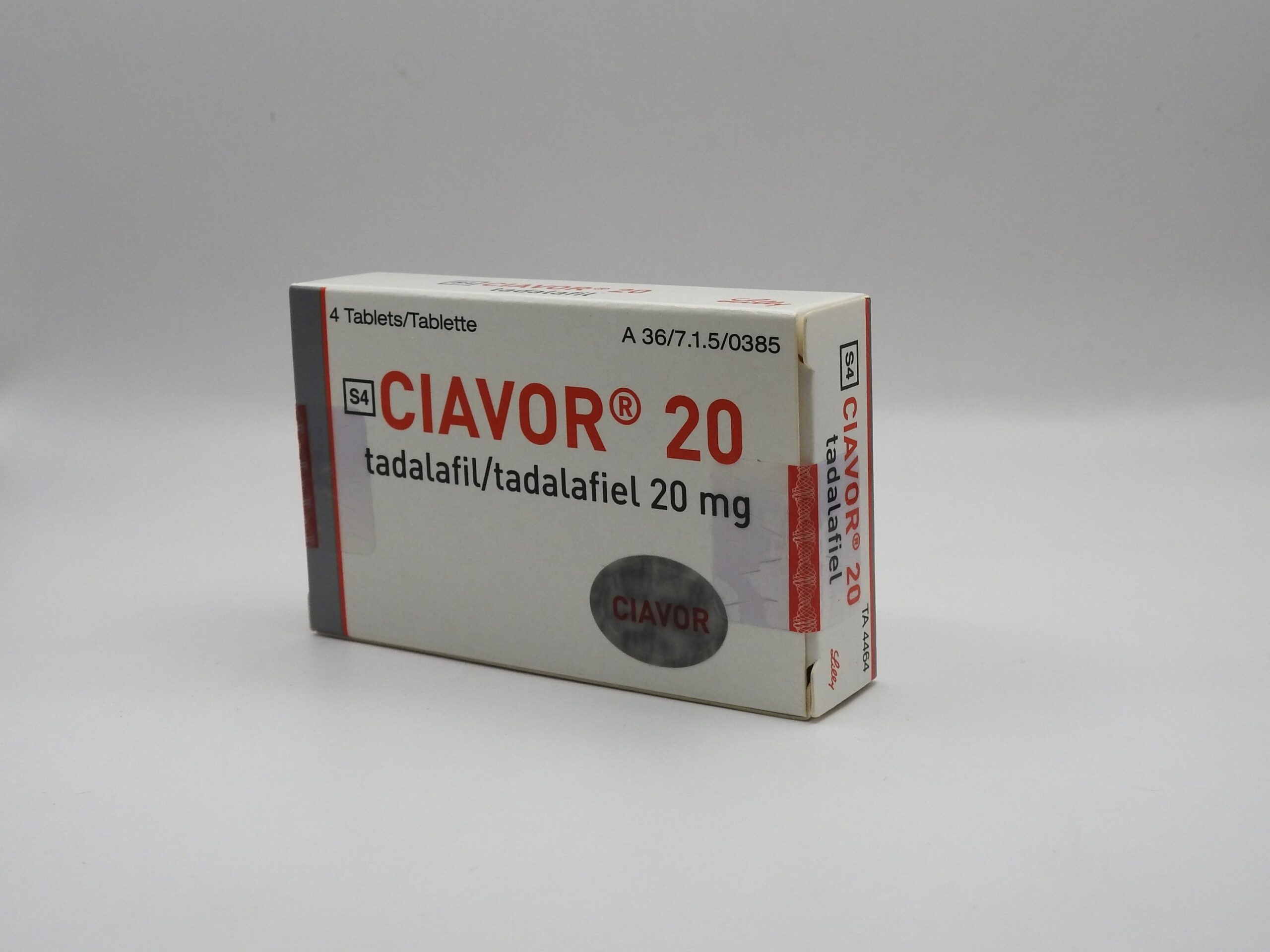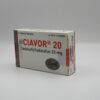Ciavor (20mg tablet x 4)
$122.92
Ciavor is a medication used to treat erectile dysfunction (ED) in men. It contains the active ingredient tadalafil and is available in tablet form, with the most common dosage being 20mg. Ciavor works by increasing blood flow to the penis, thereby helping to achieve and maintain an erection during sexual activity. The recommended dosage of Ciavor may vary depending on individual factors such as age and overall health, and it is important to follow the instructions provided by the healthcare provider or indicated on the packaging. Possible side effects of Ciavor include headache, flushing, indigestion, and back pain. If any of these side effects occur or if there are any signs of an allergic reaction, medical attention should be sought immediately.



